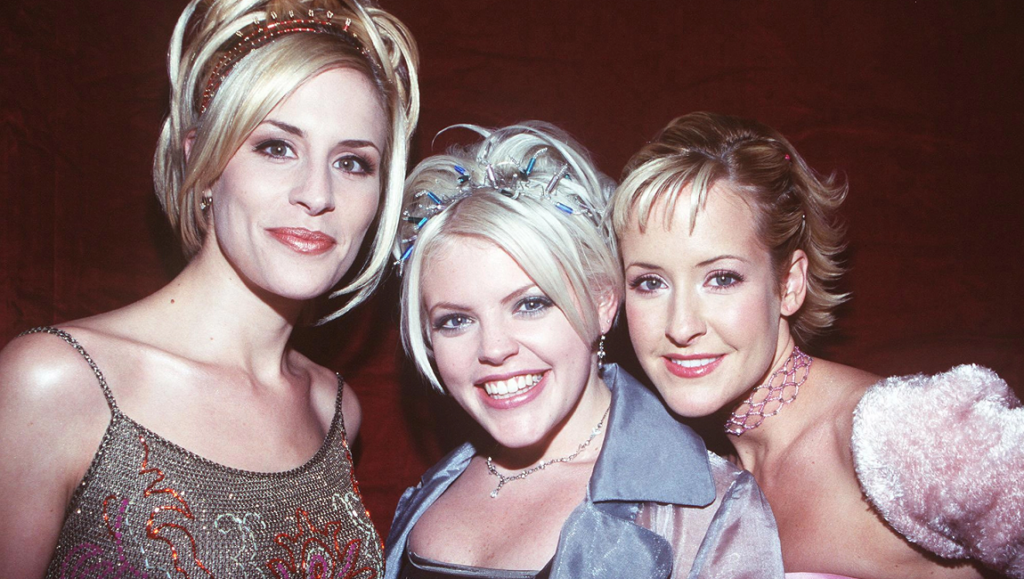The liner notes for The Chicks’ third album, Home, included a photo of a marquee with giant block letters declaring, “We are changing the way we do business.” While that detail has been lost to the streaming era, it still stands, twenty years later, as the band’s mission statement for the recording of Home, and it informs every decision they made with regard to the album. Embroiled in a contentious legal battle with their label over royalties they were owed, The Chicks weren’t even certain they’d have a label to release new music at all, and the experience left the trio feeling, quite correctly, bitter toward the Music Row establishment. In recording Home, then, they actively thumbed their noses at convention and refused to make nice. Rather than continuing in the progressive pop-country vein that had earned them two diamond-certified albums, they pivoted to a purely acoustic style that drew heavily from Bluegrass and folk and leaned hard into their first-rate musicianship. Rather than culling material from the catalogues of Nashville’s hired-gun songwriters, they elected to cut songs from outside of the country mainstream, choosing material by Darrell Scott, Bruce Robison, Stevie Nicks, and two Patty Griffin songs.
From the opening bars of the album — their rendition of Scott’s “Long Time Gone” — it was immediately clear that The Chicks weren’t playing by Music Row’s restrictive rules anymore. They addressed the pearl-clutching over Fly’s “Sin Wagon” by doubling-down with a “White Trash Wedding,” led off the album with a withering assessment of the music of their contemporaries on country radio, recorded a less glib song about domestic violence (Griffin’s “Truth No. 2”) as a reply to the controversy about the plot of “Goodbye Earl,” and then threw in a full-on instrumental Bluegrass romp for good measure. Home, at the time, felt like a dare to the country establishment to reject one of their all-time biggest-selling and most critically-acclaimed acts. We know now that the establishment needed nothing more than an offhand — and morally and ethically correct — comment about the sitting President to do just that. In hindsight, Home emerges as the first in a trilogy of albums, along with Taking the Long Way and Gaslighter, of powerful and focused third-wave feminist outrage. While the consistent quality of the music across those three albums is debatable, the notion that The Chicks have used their studio albums, starting with Home, to rage against machines that would try to stifle them is a testament to what keeps them among the most vital recording artists in all of popular music.
Part of Kicking the Canon – The Album Canon.


Comments are closed.